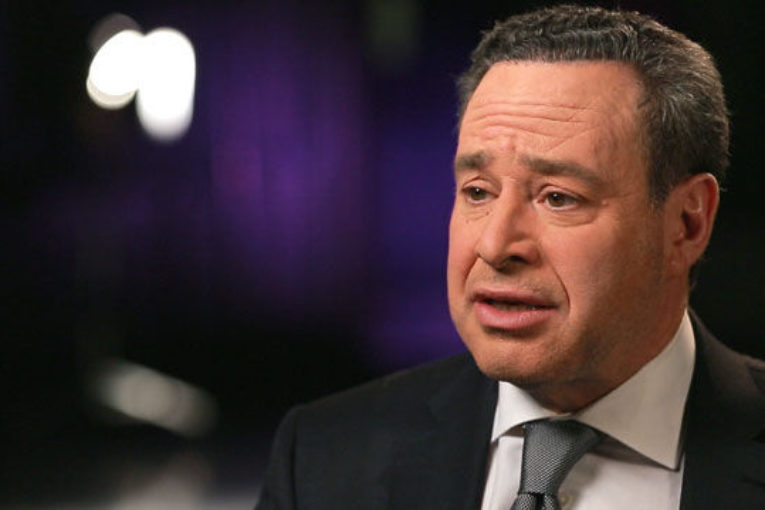
When the left leaning Alberta NDP came to power in Alberta several years ago, the complaints heard loudest were often not so much about their forthcoming policy, but rather, the uncertainty it was supposedly going to create. For oil and gas executives in Alberta, and around the world for that matter, uncertainty in policy reform is treated with disdain. This is partly because oil and gas executives find themselves in an industry requiring huge swaths of capital to finance growth, and so anything that may muddle the future landscape of their immediate business environment is unwelcome. Will there be a carbon tax? Will pipelines get the support of government? Will corporate taxes go up? Will there be other incremental taxes added? You get the picture.
But if one were to listen to David Frum, you may come away a with more appreciative view of the way Alberta and Canadian politics are going these days when doing business in the energy industry. Frum recently gave a talk at the University of Calgary to outline his thoughts on the current political scene in North America and Western Europe and how he thinks we got to where we are. Frum, the son of a wealthy Toronto real estate developer father and famous (at least in Canada) journalist for the CBC – Barbara Frum, has built up his career in journalism working in the United States for publications such as the National Review, and most recently The Atlantic. For a time, he was also a speechwriter in the George W. Bush White House and was reportedly among a few other scribes that came up with the term ‘axis of evil’.
It should come as no surprise then as to where one would find Mr. Frum on the American political spectrum. At ease he is with the sort of establishment right wing Republican way of thinking. But ever since Donald Trump blew the door off American politics to win the presidency, not only have Democrats kicked and screamed, so have the same sort of Republicans Mr. Frum identifies with.
Frum views the rise of Donald Trump and other more radical types in Western Europe like him as symptom of a sweeping tide of authoritarian populism. The sort of politics, according to Frum, where uncertainty as to what a political leader may do or say is at the fore. In light of this political movement, Frum is curious: Are democratic institutions under threat abroad? Frum believes that real world events like Brexit and the election of Trump evidence what pollsters have been warning for years – that citizens are losing faith not just in politicians, but the institutions of government themselves. All heady stuff, to be sure.
The question though, if Frum is correct, and if there is indeed a new threat to be concerned about, how does this affect Canada? Alberta? The oil and gas business?
Back to Frum. “Despite the political reckoning that has occurred in the US, and parts of Western Europe, Canada has managed to steer clear, much like the nation was able to do in the 2008 housing industry led financial crisis.”
Frum believes the vagaries the American and British citizenry are now subject to with their new political leaders is of no real concern to their Canadian counterpart. Of course, there are certain elements of American policy that extend into Canada, but what he is talking about is that Canada is under no real pressure to think of electing a new leader that is representative of what he calls authoritarian populism. In simpler terms, Canadian politics will continue to be relatively boring, which is a good thing. Boring politics means more certainty, and more certainty is a positive for Canada’s business community; which includes Alberta’s oil and gas industry.
To be sure, David Frum has his share of critics. Says one: “[Frum] is part of the confuse and confound conservative establishment with his erudite ‘political analysis.’” And while his points may be the exact sort of thing to induce some serious eye-rolling, he does have, however subtle, some keen insight into Canadian politics. Compared to other places in the world, it could be a whole lot worse for oil and gas executives, lenders and investors in Canada and Alberta when it comes to who is leading our political parties and for what reason.
You can read more of the news on source



